Cemal Süreya: A Literary Journey Through Poetry, Pen Names, and Editorial Ventures
Embarking on a literary odyssey that spanned poetry, editorial ventures, and profound exploration of language, Cemal Süreya emerged as an influential figure in Turkish literature. A luminary associated with the 'Second New' movement, Süreya's creative trajectory was marked by his distinctive style, thematic depth, and multifaceted contributions. This article delves into the vibrant tapestry of his life, revealing his journey from childhood endeavors with magazines to the intricacies of his pen names, his evocative poetry, and his forays into essays and translations. Through a lens that captures both the personal and the societal, we unravel the legacy of Cemal Süreya, a literary pioneer who left an indelible mark on the Turkish literary landscape.
Early Life and Background:

Cemal Süreya, born as Cemalettin Seber on 10 October 1931, hailed from Erzincan, Turkey. He was a member of an Alevi Kurdish-Zaza family that had been compelled to migrate due to the Dersim Rebellion. This early experience of displacement and cultural complexity would later influence his poetic themes.
Literary Contributions and Style:

Süreya emerged as a prominent figure in the 'İkinci Yeni' (Second New) movement, a modernist trend in Turkish poetry during the mid-20th century. His literary journey began in his school years when he started experimenting with poetry. However, it was during his university years that he seriously engaged with poetry and started publishing his works.
He authored several influential poetry books, including 'Üvercinka' (1958), 'Göçebe' (1965), 'Beni Öp Sonra Doğur Beni' (1973), 'Uçurumda Açan' (1984), 'Sıcak Nal' (1988), 'Güz Bitigi' (1988), and 'Sevda Sözleri' (1990). His poems delved into a wide range of themes such as love, loneliness, social critique, death, spirituality, and poetic theory.
Personal Life and Relationships:

Süreya's personal life was characterized by his relationships with women. He went through four marriages and had various other personal connections throughout his lifetime. His partnerships with Seniha Seber, Zühal Tekkanat, Güngör Demiray, and Birsen Sağnak played a significant role in shaping his experiences and emotions, which often found expression in his poetry.
Challenges and Persona:
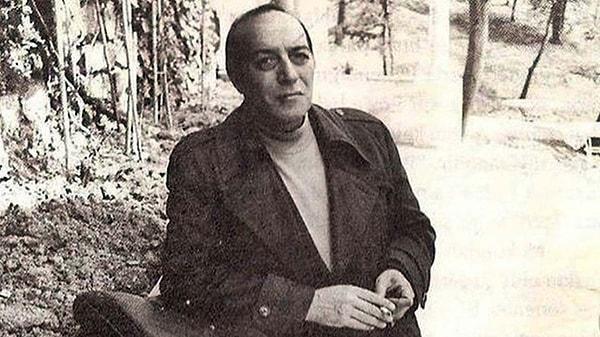
The poet's introverted and reserved persona was a defining aspect of his character. Süreya was known for his shyness and sensitivity, which were evident in both his personal interactions and his writing style. His bouts of self-doubt and fear of being misunderstood or unliked had a profound impact on his relationships and his approach to poetry.
Career and Recognition:
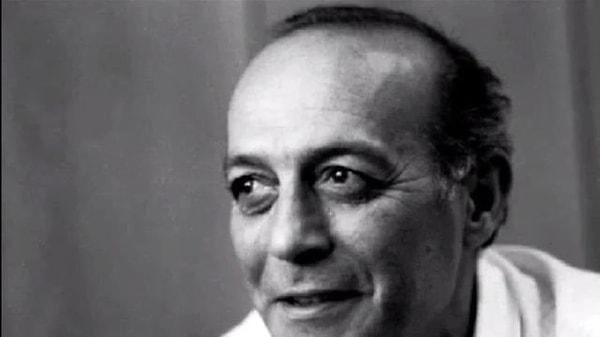
Before fully dedicating himself to literature, Süreya worked as a civil servant, specifically as a financial inspector. Despite his career in civil service, his true passion lay in literature and poetry. He received several awards and honors, including the Yeditepe Poetry Award, Turkish Language Association Poetry Award, and Necatigil Poetry Award. His contributions to Turkish literature continue to be celebrated, and his poems remain cherished and widely read.
Pen Names:

Süreya used multiple pen names throughout his career. He adopted the pen name 'Cemasef' while serving as the head of the editorial board for the faculty magazine Kazgan. He used aliases such as Osman Mazlum, Ali Fakir, Dr. Suat Hüseyin, Hasan Basri, Charles Suares, Suna Gün, Ali Hakir, Hüseyin Karayazı, and Adil Fırat in various newspapers and magazines for his articles, poetry translations, caricatures, and more.
'Cemal Süreya':
Süreya shared the process of how he came up with his pen name 'Cemal Süreyya Seber.' While working as a tent guard on the highways during his second year of middle school, he sought a name that would resemble authors like Yakup Kadri Karaosmanoğlu and Falih Rıfkı Atay. He initially created 'Cemal Süreyya Seber' by shortening 'Cemalettin' and adding 'Süreyya,' but later dropped 'Seber.' His famous poem 'Elma,' published in 1956, indicated a letter being dropped from his name, and he chose to drop one of the 'y' letters as he had two of them in his name.
Magazine and Editorial Work:
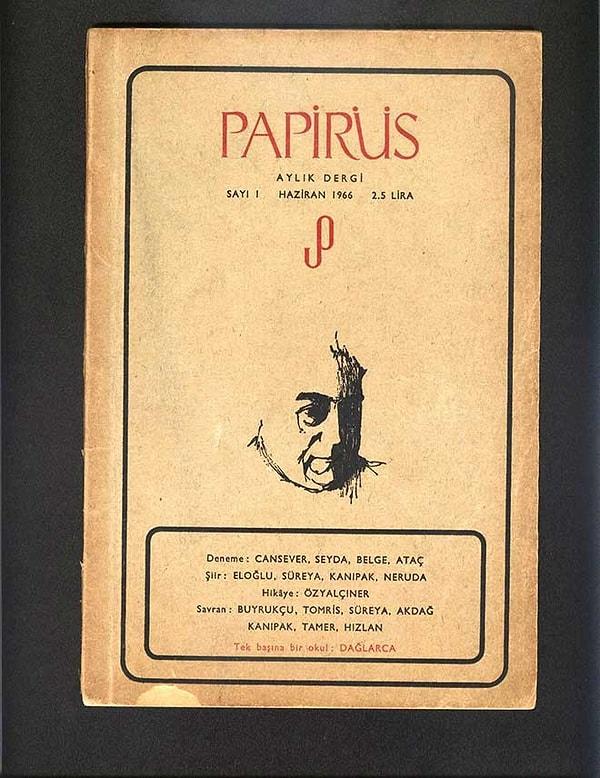
Cemal Süreya began creating magazines even in elementary school, collaborating with a friend to publish magazines named 'Yumurcak,' 'Kahkaha,' and 'Çocuk Duygusu.' He later played a significant role in establishing and editing various literary magazines such as Papirüs, which he revived and published multiple times during different periods. Süreya's editorial work extended to magazines like Türkiye Yazıları, Maliye Yazıları, Saçak, and Oluşum.
Poetry and Books:

Süreya's first poetry collection, 'Üvercinka,' was published in 1958 and contained 32 poems, later expanded with additional poems in subsequent editions. Other poetry collections like 'Göçebe,' 'Beni Öp Sonra Doğur Beni,' 'Uçurumda Açan,' 'Sıcak Nal,' and 'Güz Bitigi' followed, each showcasing his evolving style and themes. He delved into love, personal experiences, and portraits in his poetry, often using free verse forms.
Essays, Critiques, and Prose:
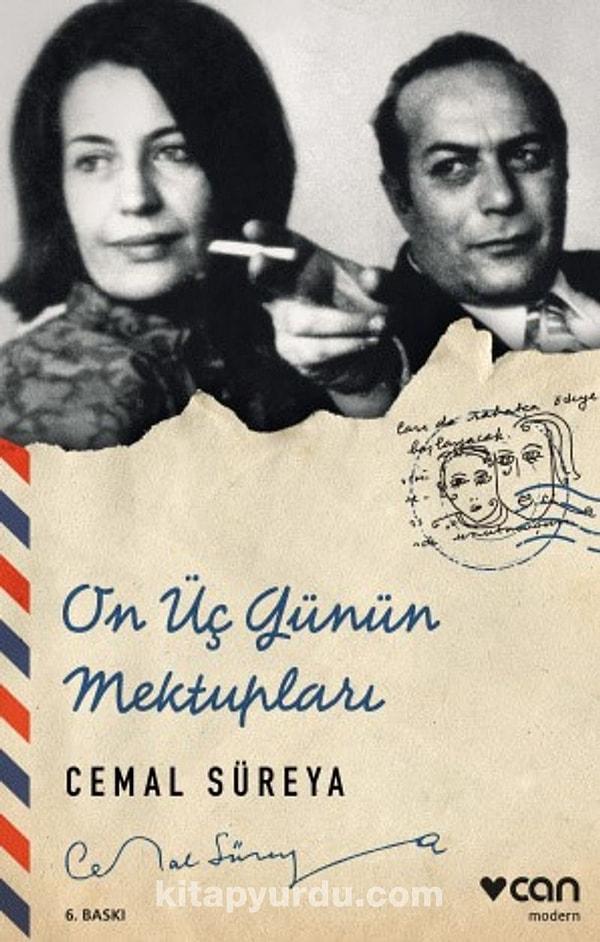
Cemal Süreya's essays and critiques covered a wide range of topics, including literature, poetry, politics, and more. He published works like 'Şapkam Dolu Çiçekle' and 'Günübirlikler,' where he explored the lives and influences of poets, offered literary critiques, and shared his own thoughts on various subjects. His writing extended to daily life reflections, as seen in his 'Onüç Günün Mektupları,' a collection of letters he wrote during a period of his wife's hospitalization.
Translations and Other Works:

In addition to his own creative writing, Süreya translated approximately forty books from French to Turkish, including literary works and essays. He also compiled anthologies, such as 'Mülkiyeli Şairler' and '100 Aşk Şiiri,' showcasing his appreciation for literature beyond his own creations.
Legacy:
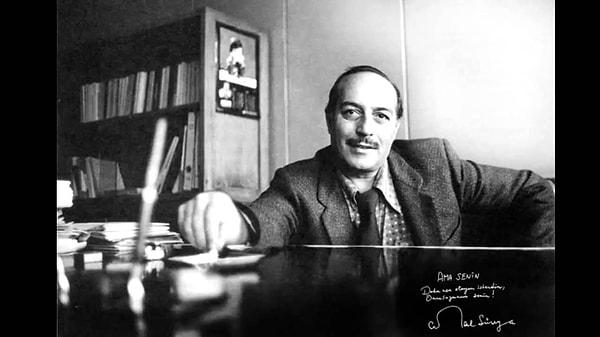
Cemal Süreya's legacy is enduring, with his works still resonating in Turkish literary circles. His poems, marked by their introspection, sensitivity, and exploration of various human emotions, maintain their relevance and impact on contemporary readers and poets alike.

Send Comment